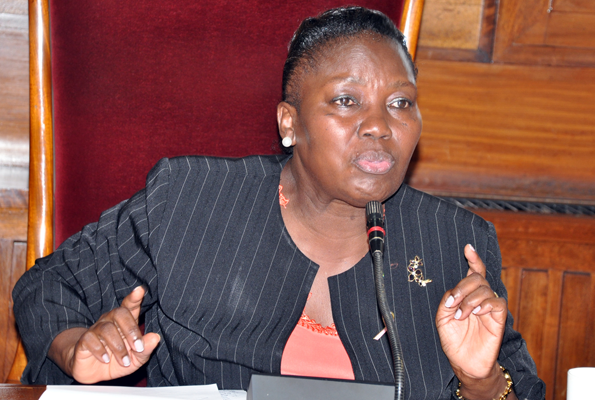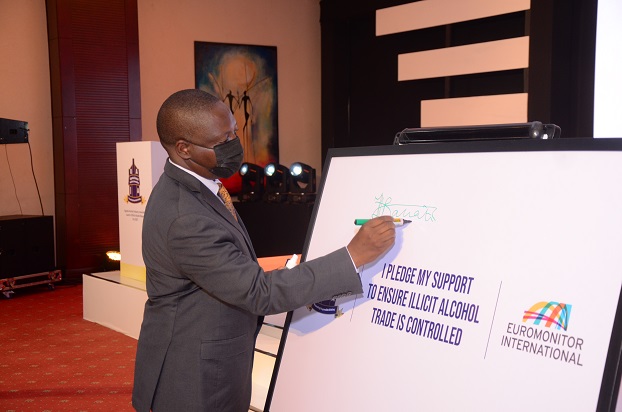Speaker Rebecca Kadaga has reaffirmed government’s commitment to the Rome Statute that established the International Criminal Court.
Uganda has had run-ins with the Hague-based Court, with President Yoweri Museveni publicly taking exception with the Court over its indictment of a sitting Heads of State.
Kadaga’s remarks in the Netherlands, at the commemoration of the 20 years of the Rome Statute, clear any doubts as to government’s commitment to the Court despite known reservations.
“I want to begin by reassuring the President [of the ICC] that Uganda will not withdraw from the Rome Statute but we will continue working together,” said Kadaga.
“I also want to reassure you that because of that collaboration, we are the first country to issue a reference for arbitration to the ICC and we have continued to cooperate to date,” she added.
Kadaga lost no opportunity to voice government discomfort with the court.
“Of course, we are part of the African Union and there have sometimes been difficult situations between the ICC and the African Union. There are areas of reservation,” said Kadaga, in relation to a February 2017 African Union decision to withdraw from the ICC.
Uganda voted in favour of the withdrawal after a divisive motion sponsored by Kenya was debated by the Heads of State Summit in Addis Ababa.
The ICC has always criticised Uganda for warming up to Sudanese President Omar Bashir, who is wanted by the court for alleged war crimes and crimes against humanity committed in Darfur.
Kadaga described Bashir as “an important actor” in the region, stressing his centrality in prospects for peace in the war torn and volatile South Sudan.
Khartoum and Kampala, previously at diplomatic crossroads, are now working to facilitate the recent shaky peace deal between former Vice President Riek Machar and President Salva Kiir led forces.
Kadaga said Uganda stands for a position where “justice is not sacrificed at the altar of peace, and peace is not sacrificed at the altar of justice”.
ICC’s Chief Prosecutor Fatou Bensouda lauded the statute, saying it has “stayed the course and the ICC is moving ahead with determination”.
She credited the court with “creating norms, casting a deterrent shadow across the globe”.
During the first inauguration of Kenya’s President Uhuru Kenyatta, Museveni said Africa supported the Court in the spirit of abhorring impunity, but that the Court has since ‘lost track and is being used as a tool of foreign domination’.
Kenyatta and his deputy William Ruto became the first ever sitting heads of government to appear before the Court, although charges against the duo were later dropped for lack of evidence.
Burundi and South Africa have formally written to the ICC seeking withdrawal, but are yet to withdraw from the Court.
The Court has suffered heavy criticism of only targeting African leaders, a claim the court persistently denies.
Its appointment of Ms Bensouda was seen as an attempt to give it an African face.
In a related development, the Speaker has urged the Court to consider the citizenship of children born during conflicts which cut across regions.
Kadaga said that women abducted by rebels and moved to areas away from their home have children with no identity.
“There is a fundamental problem; for instance a rebel grabs a woman in Congo, takes her to the Central African Republic, has a child there. Neither of the parents is a citizen of CAR; there are no birth certificates then they move to a third country. Where does that child belong?” Kadaga wondered.





